
Post-Prigozhin: what lies ahead for Wagner PMC and Putin's 'cook' empire
The mutiny of the Wagner mercenaries and the subsequent death of their leadership in a plane crash turned the once-powerful Wagner PMC into outcasts and traitors. Do they still pose a threat and what is their future?
Espreso will explain how Wagner PMC came to be, why they became disfavoured by the Kremlin, and what they are doing after the loss of their leader.
The text delves into the following topics:
-
Who are Wagner PMC?
-
Why did the conflict between Wagner PMC and the Russian leadership arise?
-
How the Wagner mutiny unfolded
-
Why Prigozhin's death was expected
-
What is Wagner PMC doing after Prigozhin's death?
-
What to expect from Wagner PMC in the future
Who are Wagner PMC?
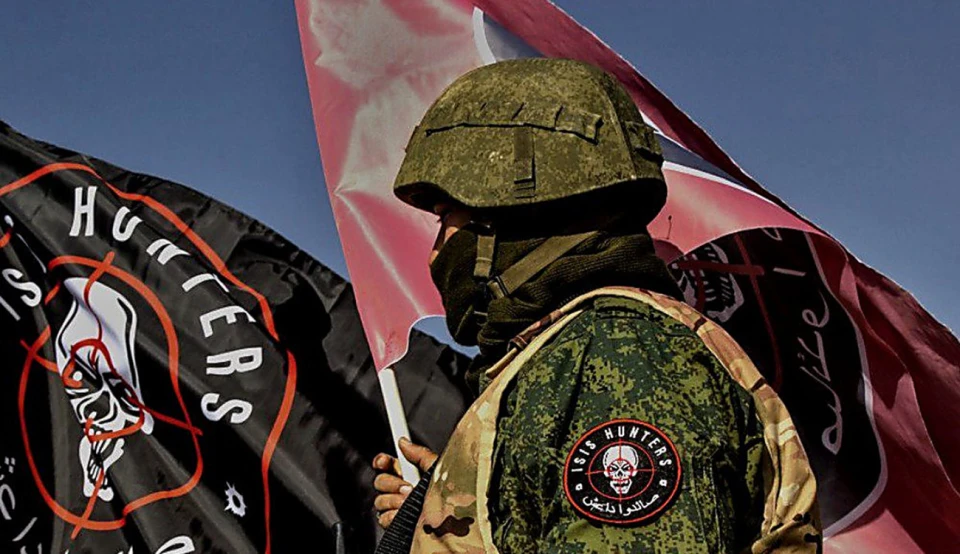
This organization has several popular names in the media: Wagner Private Military Company, Wagner Group, Wagner mercenaries, “Musicians”, Liga PMC, Prigozhin's mercenaries, and a number of other nicknames. The name "Wagner" comes from the call sign of a Russian special forces officer of the Russian GRU Dmitry Utkin. Utkin did not conceal his fascination with the history of the Third Reich, so it's conceivable that his call sign was inspired by the German mystic composer Wilhelm-Richard Wagner, a figure from the 19th century.
This military armed group is filled with Russian and foreign mercenaries, often convicted criminals or ex-military personnel. A number of countries have recognized Wagner as an international criminal and terrorist organization due to numerous crimes against civilians in several countries, including Ukraine.
Wagner PMC emerged ten years ago on the basis of the so-called Slavic Corps, which was created to unofficially protect Russian interests in Syria. The Slavic Corps was an experimental private military company of a new type, which, incidentally, was also run by Dmitry Utkin. However, after suffering a defeat in Syria and analyzing the organization's failures, a new private military company, Wagner, was formed.
Wagner's employees have been actively involved in Russia's war against Ukraine since 2014. In particular, they were involved in the downing of a Ukrainian IL-76 near Luhansk in June 2014, which killed 49 people. They also took part in the battles for Luhansk airport and Debaltseve. With the outbreak of Russia's full-scale war against Ukraine, Wagner mercenaries were concentrated in the Donetsk sector and fought with the Ukrainian Armed Forces for Popasna, Soledar and Bakhmut. In addition to Ukraine, Wagner PMCs fought in Syria, Libya, Sudan, Venezuela, and other countries.
According to WSJ journalists, the group's sources of income are the export of Sudanese gold to Russia, as well as diamonds from the Central African Republic to the United Arab Emirates and timber to Pakistan. The company generates hundreds of millions of dollars from its operations.
Why did the conflict between the Wagner PMC and the Russian leadership arise?
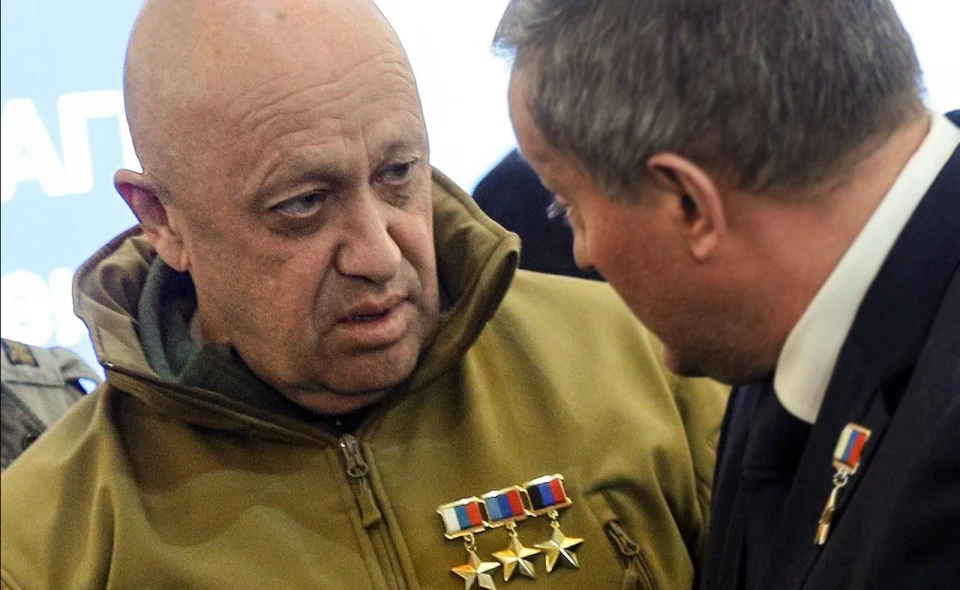
The bone of contention between the organization and the Russian authorities was the ambitious gray cardinal of the Wagner mercenaries, a businessman and close friend of Vladimir Putin, Yevgeny Prigozhin. From 2015-2016, he actually took over the leadership role in Wagner PMC, being their chief financier and gradually becoming the face of the company, which began to be associated with the former Putin's "cook."
The benefit of his influence and political power came during Russia's full-scale war against Ukraine. After all, the Russian army leadership had high hopes for Wagner, who were equipped with modern weapons and hardened by battles in different parts of the world. However, with each passing month of the war, it became clear that the Ukrainian Armed Forces would not allow the mercenaries to seize the Donetsk region. Despite the fact that at the peak of its activity (late 2022 - early 2023), Wagner PMC gathered, according to various estimates, about 50,000 mercenaries for the war in Ukraine, this did not help overcome the resistance of Ukrainians. Gradually, Wagner began to run out of ammunition, while the Ukrainian Armed Forces’s ammunition began to increase thanks to the help of foreign allies.
It got to the point where Yevgeny Prigozhin began to regularly criticize the mismanagement and embezzlement in the Russian army and threaten its leaders, Russian Defense Minister Sergei Shoigu and Chief of the General Staff of the Russian Armed Forces Valery Gerasimov. His "Shoigu! Gerasimov! Where is the ammunition?" phrase in a video address about Wagner's withdrawal from Bakhmut became a meme.
In May and June, the degree of conflict between the mercenaries and the regular army seemed to begin to subside, but on June 23, 2023, Prigozhin accused the Russian Ministry of Defense of shelling Wagner’s rear positions and promised to punish those who did it, including Russian Defense Minister Sergei Shoigu. This was the beginning of the short-lived, but still media-bright mutiny of Wagner PMC against the leadership of the Russian army.
How the Wagner mutiny unfolded
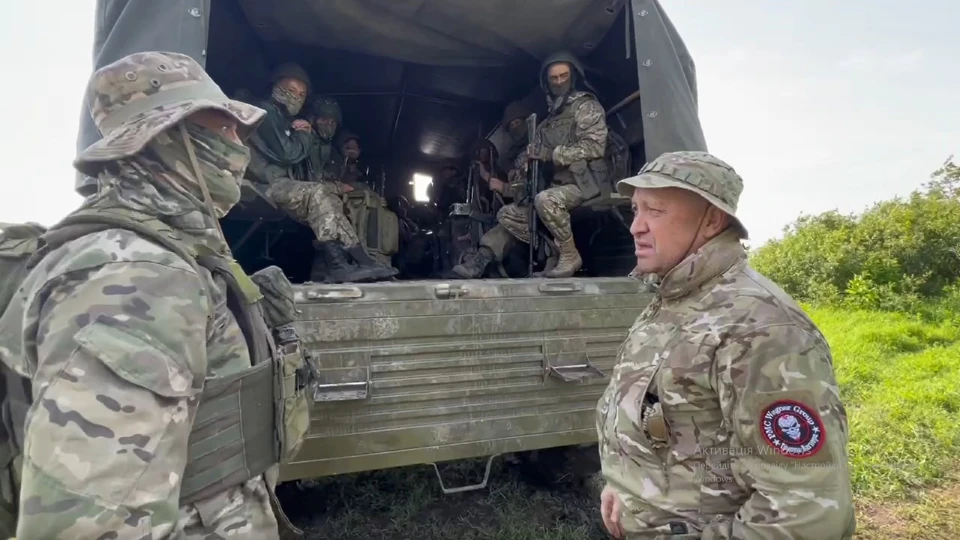
The Wagner mutiny, in fact, lasted for one day: from the evening of June 23 to the evening of June 24, 2023. However, these 24 hours rewrote the history of Wagner PMC and the world's perception of the Kremlin's firm hand over Russians. After all, the "march of justice" to Moscow from Rostov-on-Don through several regions of Russia showed how weak the government in Russia can be and how easily it can disintegrate into armed groups. Wagner PMC mercenaries took control of military facilities and the center of Rostov-on-Don. During the day, Wagner units passed through Voronezh, Lipetsk and Tula regions with minimal resistance. In several regions, including Moscow, a counterterrorism operation was declared. Regular Russian troops lost an Il-22M command and control aircraft with 10 people on board and six helicopters.
On that day, Russia was plunged into utter chaos, with an uncertain future looming. However, the following day brought unexpected news: through the mediation of Belarusian President Alexander Lukashenko, Yevgeny Prigozhin had reached an agreement with Russian authorities to quell the mutiny, even as the Wagner Group units were just 200 kilometers away from Moscow.
On June 27, Putin's press secretary Dmitry Peskov said that the criminal case against Prigozhin would be dropped, and he could leave for Belarus. It was also reported that the Wagner mercenaries who participated in the mutiny would not be prosecuted because of their "merits" at the front. The soldiers were to return to their camps, and those who wished to do so could sign a contract with the Russian Defense Ministry.
Why Prigozhin's death was expected
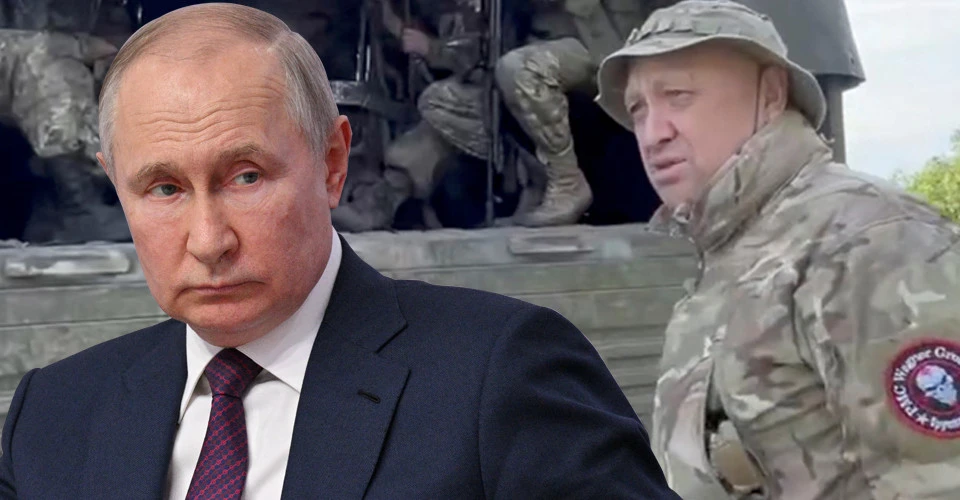
For two months, Russia’s federal authorities tried to distance themselves from Wagner, constantly claiming that it did not legally exist and that the conflict had already been resolved. However, in reality, this was a shadowy game to remove Prigozhin from his influence.
When it became known that Wagner had made concessions, the head of Ukrainian intelligence, Kyrylo Budanov, bluntly stated that the FSB had now been tasked with eliminating Prigozhin. After all, he still posed an immediate danger to Putin's government, which is based on absolute obedience. Therefore, any "upstarts" sooner or later disappear "under mysterious" circumstances. However, the elimination of such major figures from the political chessboard is possible only after a direct order from the "tsar" of Russia, Vladimir Putin. Experts noted that Putin was in doubt as to whether to eliminate his friend or give him a second chance.
The plane crash on August 23rd, which was carrying the leadership of Wagner PMC and is believed to have been either shot down by Russian air defense or sabotaged with explosives, provided a clear indication. It suggested that Putin's apprehension of potential threats from Prigozhin outweighed his influence over his former associate. Nevertheless, the theory that the entire incident might have been orchestrated, with the intention of Prigozhin disappearing and reemerging in a different location in warmer countries, remains a plausible narrative. This story is riddled with numerous unanswered questions that continue to linger.
It is interesting that the same fate may await the former deputy commander of the Russian army, Sergei Surovikin. After all, he knew about Prigozhin's mutiny plans, but did nothing. According to CNN journalists, General Sergei Surovikin had a secret VIP status in Wagner private military company. Therefore, he was detained since June. In early September, he was released, although now he has no military prospects. Therefore, it is quite possible that one day Surovkin will also disappear "under mysterious circumstances."
What is Wagner PMC doing after Prigozhin's death?
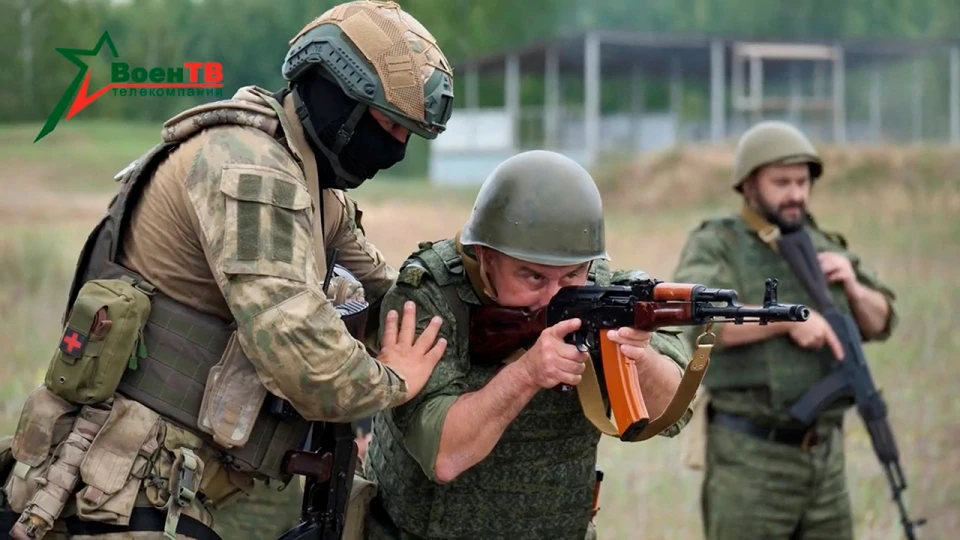
Wagner’s withdrawal from the front line in the war with Ukraine, as well as the death of their leadership in a plane crash, has put the mercenaries in an unusual and even stalemate situation. The Russian leadership is trying to reboot the structure by appointing people politically favorable to the regime to leadership positions. While this internal war is going on, ordinary soldiers can either sign a contract with the regular army, try their luck in Africa (although the Russian Defense Ministry is trying to take over this matter as well), or engage in crime somewhere in their cities. The latter is the most feared in Russia, as it means that new mafia groups outside the Kremlin's control may emerge. Therefore, according to experts, the story of the dashing 90s may repeat itself, when former veterans of the Afghan war became the physical force of the most capable "businessmen."
Recently, three former mercenaries suspected of kidnapping for ransom were detained in the Moscow region. According to Radio Liberty journalists, fear is spreading in Russia, as new reports about the "exploits of Wagner mercenaries" who fought in Ukraine are constantly appearing. Moreover, there are fewer and fewer Wagner mercenaries in Belarus. Recently, Lithuanian Defense Minister Arvydas Anušauskas announced a "dynamic decline" in the number of Wagner fighters in Belarus.
"They disperse, move to other territories, some go on vacation to Russia or "on a leave" - they are recruited to other military companies... The situation here is completely different than three weeks ago," Anusauskas said.
Lithuanian President Gitanas Nausėdas has stated that the full closure of the Belarusian-Lithuanian border is no longer as pressing an issue following the death of Yevgeny Prigozhin, the head of Wagner PMC, as there appears to be some disarray among the ranks of mercenaries.
What to expect from Wagner PMC in the future
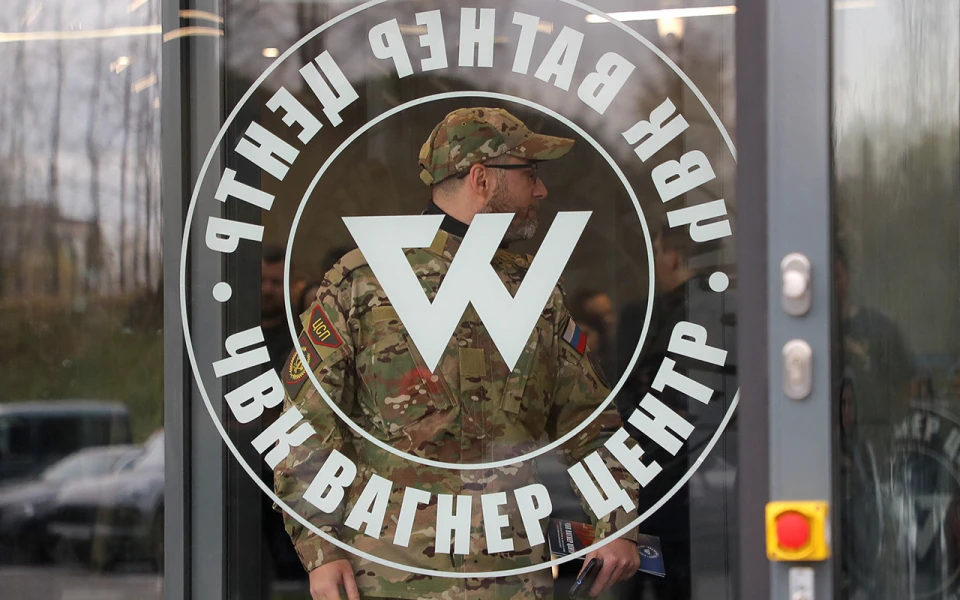
Wagner certainly faces an uncertain future. Given that their reputation has been "tarnished" due to acts of disobedience and is now associated with opposition sentiment in the minds of Russians, it's highly likely that the current Kremlin leadership will take measures to erase this name from the public discourse. The organization might be restructured and placed under the control of the Russian Defense Ministry or the GUR (Main Directorate of Military Intelligence).
Experts also believe that Wagner remnants may be merged into a new powerful private military company that will replace the old one.
We are talking about the Redut PMC, which has recently emerged and demonstrates a desire to replace Wagner Group.
Interestingly, Redut is a mercenary group that is directly subordinate to Russian military intelligence. Russian President Vladimir Putin would prefer a "fully loyal" PMC that would fulfill his tasks. In addition, the Redut PMC is also fully dependent on Russian state institutions for its weapons and ammunition, which is a significant leverage. In addition, Redut has attracted the attention of Russian oligarchs who wanted "politically expedient" mercenaries to protect them and their corporations in Russia and around the world.
But while various shadowy processes are taking place, Wagner PMC commanders are trying to act according to the instructions left by Prigozhin himself in case of his death. In the near future, a council of commanders is to be held, which may approve Anton Elizarov, a commander with the call sign "Lotus," as the new head of the group. He is said to be currently acting as the head of the PMC.
Interestingly, according to the instructions drawn up by Prigozhin, commanders close to Elizarov will receive positions in the structures of this business empire, and will also help his son Pavel "protect his father's business assets."
Elizarov has served as a parachute platoon commander since 2003. In 2014, a court convicted him of fraud, he was dismissed from the army and joined Wagner. Elizarov fought in Syria and Libya and was also an instructor in the Central African Republic. During Russia's full-scale war against Ukraine, he commanded the storming of the city of Soledar. If he is elected head of the PMC, it is still an open question whether he will be able to keep the once-powerful Wagner Group from collapsing.
- News











































